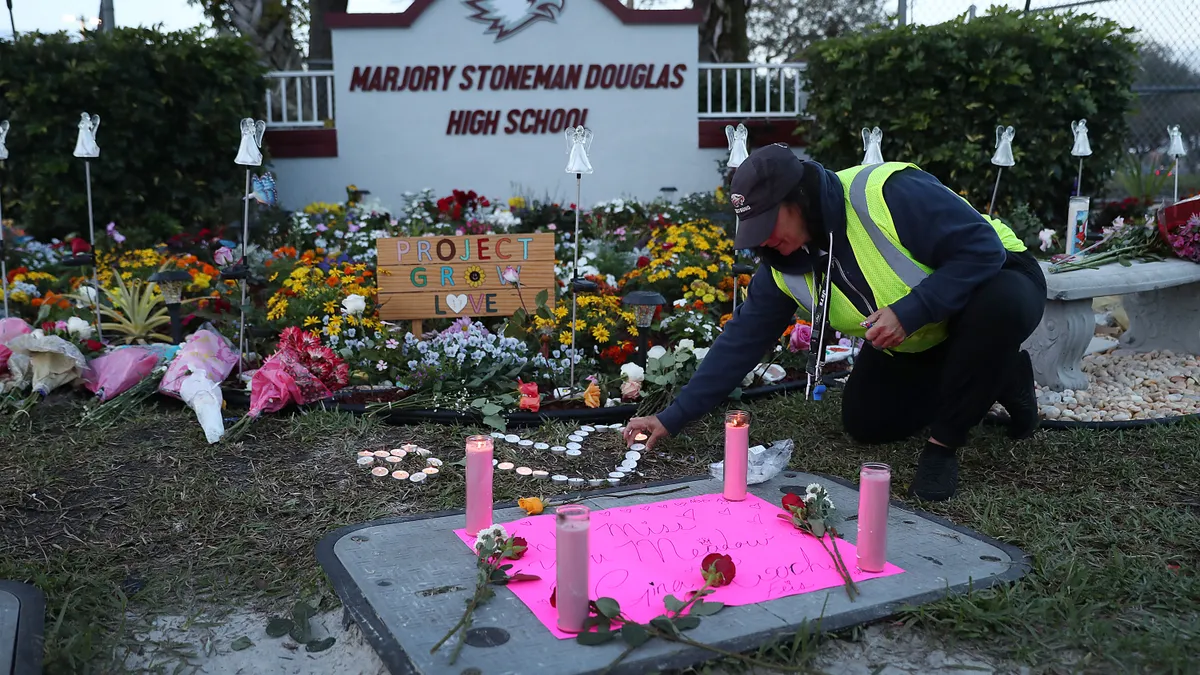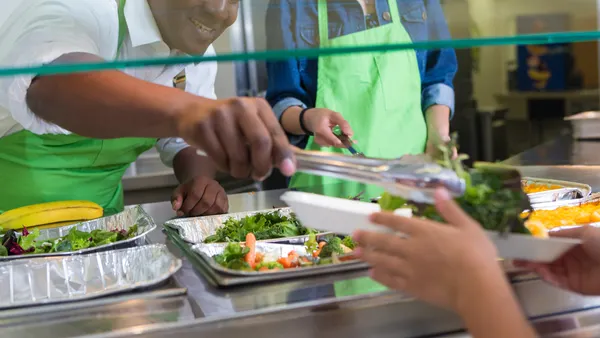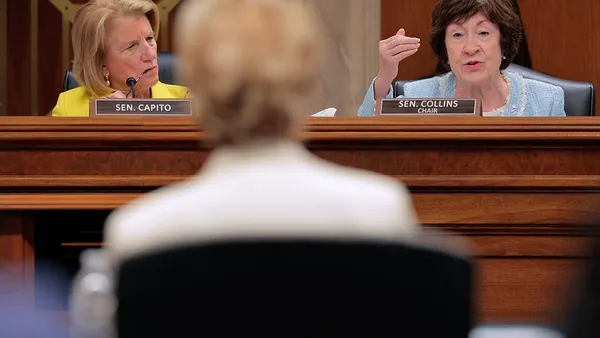Scot Peterson, the school resource officer accused of failing to intervene in the Marjory Stoneman Douglas High School massacre in February 2018, on Thursday was found not guilty on all charges.
Peterson, then a Broward County sheriff’s deputy, was allegedly shown on surveillance video hiding outside of the building with his gun drawn as a gunman killed 17 students and staff and injured 17 others. According to CourtTV, Peterson has said he didn’t enter the school building because he believed the gunfire was coming from outside.
He faced seven counts of child neglect, three counts of culpable negligence and one count of perjury related to the massacre. If convicted, he faced 96 years in prison.
The Peterson verdict comes just one month after the one-year anniversary of the Robb Elementary School massacre in Uvalde, Texas, in which law enforcement officers have also faced intense scrutiny for not intervening as a gunman killed 19 children and two educators.
In that tragedy, Uvalde School District Police Chief Pete Arredondo has specifically come under scrutiny for decisions to not breach a barricaded classroom sooner. Police and the school district have both been the subject of lawsuits filed since.
These and other cases of mass shootings have renewed the spotlight on the role of SROs in schools and their accountability during such tragedies.
"The SRO’s role is to move directly to the threat, and to stop it," said Mac Hardy, director of operations for the National Association of School Resource Officers. "To mitigate any more damage, and we know that seconds cost lives."
But SROs play a vital role even before mass shootings occur, said Hardy, meaning it's important to carefully select one who can connect and build trust with students.
"We fail to see leakage that occurs in a lot of these school shootings. And that's something in our training that we emphasize — that we have to be consistent," said Hardy, who spent over two decades working in schools as a teacher and later as a SRO. "We have to be diligent to have those lines of communication open" so if there are warning signs, "there's a trusted adult for [students] to relay the message to.”













